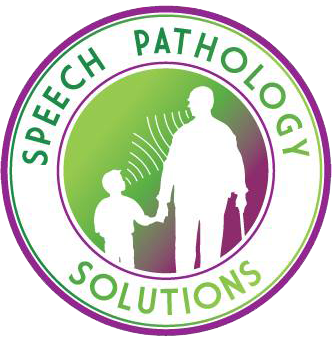There are so many milestones in children’s lives, especially in the infant and toddler years. Among these are the feeding milestones. Proper nutrition is crucial for a child’s growth and development. While every child develops at a different pace, these milestones provide a guideline for parents to monitor their child’s progress and allow them to take notice if their child is significantly behind in these milestones. Here are the milestones to watch out for.
Birth to 6 Months
During the first six months of life, infants rely on breast milk or formula as their primary source of nutrition. They should be able to feed without difficulty every 2-3 hours or on demand, based on their hunger cues. Pay attention to these cues and adjust your feedings accordingly, as this helps to promote healthy eating habits and prevent overfeeding. Infants should gain weight appropriately during this time, which is an indicator of adequate nutrition. As a parent, it is important to inform your pediatrician if your child is having difficulty feeding. Solid foods are not recommended for infants under 6 months of age, as their digestive system is not yet developed enough to handle them.
6 to 9 Months
Between six and nine months, infants should be introduced to solid foods, such as pureed fruits and vegetables. They should also develop their chewing and swallowing skills, as well as an increased appetite that may require more feedings throughout the day. Something of importance to pay attention to is your child’s ability to hold their head up and sit upright while feeding, as this helps develop chewing and swallowing skills. They may initially struggle with these skills, but should gradually improve over time.

9 to 12 Months
At around nine to twelve months, infants should begin developing their self-feeding skills and start eating solid foods. However, this can be challenging for some infants who may be selective with their food choices. During this stage, infants should also begin to learn how to drink from a cup and use utensils. Parents and caregivers should keep an eye on the infant’s ability to chew and swallow more complex textures, as well as their hand-eye coordination and fine motor skills. It is normal for infants to be clumsy or messy at first, but with practice, they will become more proficient at self-feeding.
12 to 24 Months
Between twelve to twenty-four months, toddlers should be able to eat a variety of foods, including fruits, vegetables, proteins, and dairy. This is also a great time to promote balanced nutrition. Encouraging self-feeding can help to promote independence and develop fine motor skills.
Communication is Key
As parents, you should be aware of any feeding challenges or delays and communicate them with your healthcare provider if you have any concerns. Working collaboratively with healthcare providers can help to address any issues and ensure that your child is receiving appropriate support and care. It is also important to note that each child develops at their own pace, and some may meet their feeding milestones earlier or later than others. By recognizing your child’s unique developmental journey, you can promote positive feeding experiences and them reach their full potential.

Is Your Child Not Hitting Their Feeding Milestones?
Speech therapy can help with missed milestones and childhood eating disorders. Therapists can work with children to develop oral motor skills, such as chewing and swallowing, that may have been missed during earlier feeding milestones. Speech therapists can also address any sensory issues that may be contributing to feeding difficulties, such as aversions to certain textures or tastes.
At Speech Pathology Solutions, LLC, our mission is to provide comprehensive, affordable, and convenient skilled Speech Language Pathology services for Monmouth, Ocean, and Atlantic County residents. Contact us today with any questions about your child’s feeding milestones, and let us determine an effective therapy to help your child hit the milestones they might be missing.

